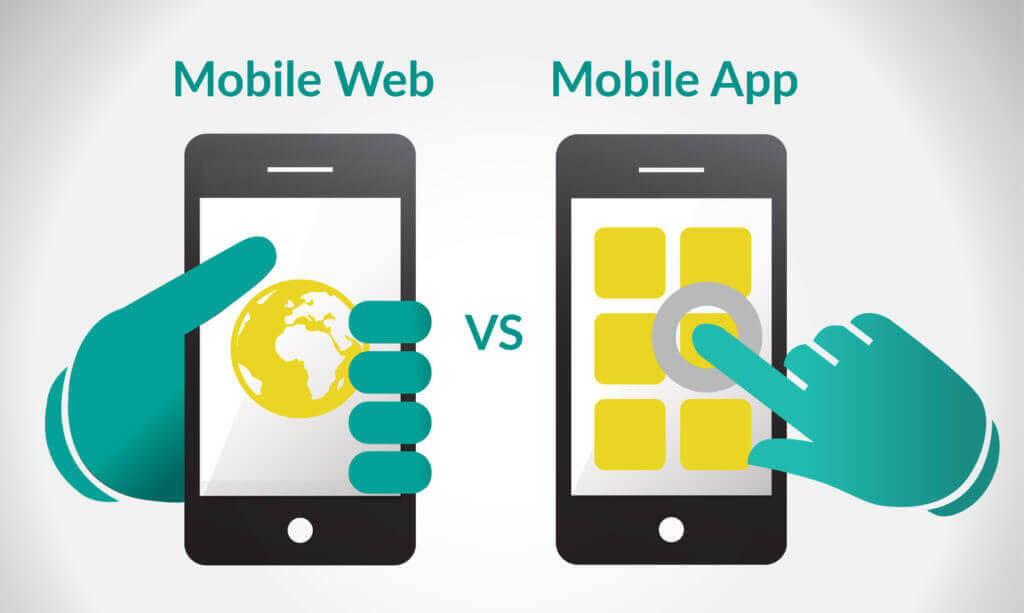
As we discussed in our most recent article, “Millennials + Mobile: A Match Made in (Hotelier) Heaven,” mobile is the best booking, marketing, and engagement channel available, to reach the world’s largest generation – Millennials.
So, if your property hasn’t already gone mobile, what are you waiting for? Perhaps – as is the case with many hoteliers who haven’t – you are wondering whether it is better for you to invest in a mobile website, an app, or both.
Today, I’m here to tell you about the benefits and downfalls of each mobile channel; however, because there is just so much important information to cover on each mobile channel, I’m going to share this info with you in a two-part series. In today’s article, we will talk about the benefits and restrictions offered by mobile websites.
Mobile websites are great because they are easily accessed by anyone in the world with a mobile device and a network connection. You simply open a mobile browser, enter a URL, and experience all the site has to offer. Unlike apps, there is no need to download anything and there are no restrictions on what device you use. Even the least tech savvy consumers know how to access a website. As such, your property will reach more people with a mobile website than with mobile apps, although the customer’s engagement will be different – and have a much different outcome (we’ll examine this further in the next article on apps).
One of the reasons that mobile websites are more popular with the average hotelier is the (perceived) low development cost associated and the shorter turnaround time to get it into the hands of consumers. While the former isn’t always true, it is often true that mobile websites are quicker to launch, from start-to-finish. In fact, some mobile websites require no extra work on the part of hoteliers because many website developers utilize a responsive design approach that combines the mobile and desktop versions of the website into one. As such, responsive websites are the solution that most hoteliers choose and, mistakenly, assume it will be sufficient to fulfil their mobile needs.




